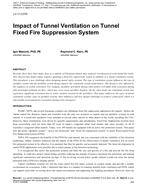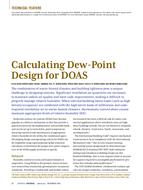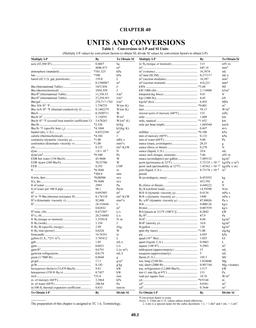The increasing demand on energy-efficient buildings requires energy retrofitting measures in the existing building stock.Conventional thermal insulation materials, such as mineral wool and expanded polystyrene (EPS), demand a thick layer of insulationto reach the energy targets. Vacuum insulation panels (VIPs) are a novel thermal insulation component with 5–10 timeslower thermal conductivity than the conventional insulation materials, depending on the VIP ageing state. The thermal transmittanceof the building envelope can thereby be substantially reduced using a limited additional insulation thickness. Previousresearch has shown that interior energy retrofitting of exterior walls may increase the moisture content of the walls and increasesthe risk of freeze-thaw damages at the surface. This study analyzes the hygrothermal consequences on a 250 mm (9.8 in.) thickbrick wall retrofitted with 20 mm (0.8 in.) interior VIP (glued directly on the plastered brick wall). Hygrothermal simulationsin WUFI 2D are used to study the hygrothermal effects by different material properties and boundary conditions. Apart from thematerial properties, the amount of driving rain available at the surface is the most important influential parameter in the simulations.The conclusions from this study are used to plan a measurement study in a climate simulator where driving rain and solarradiation will be simulated.
Presented at Thermal Performance of Exterior Envelopes of Whole Buildings XII, December 2013
Citation: Thermal Performance of Exterior Envelopes of Whole Buildings XII
Product Details
- Published:
- 2013
- Number of Pages:
- 10
- File Size:
- 1 file , 2.6 MB
- Product Code(s):
- D-BldConf13-33


